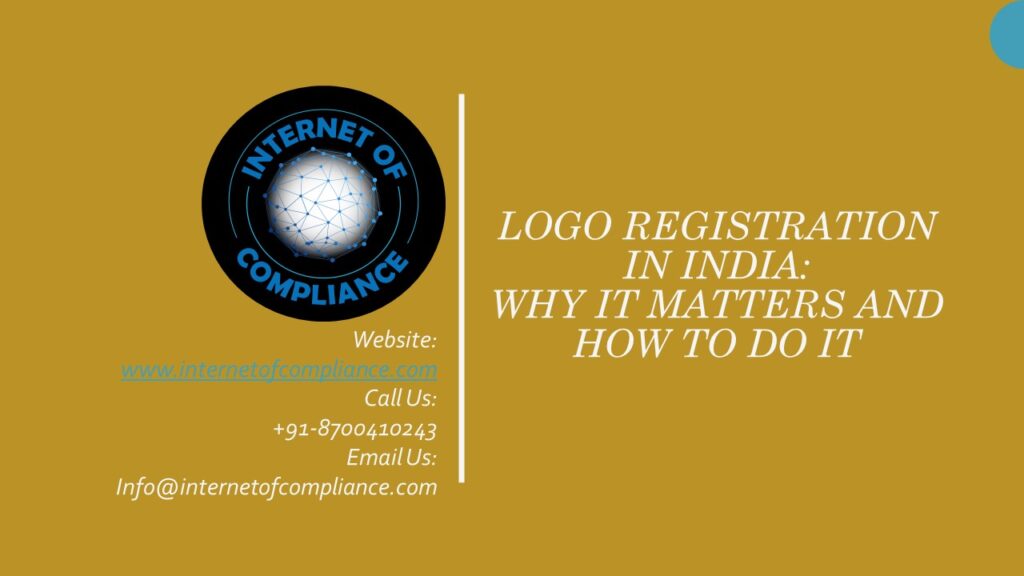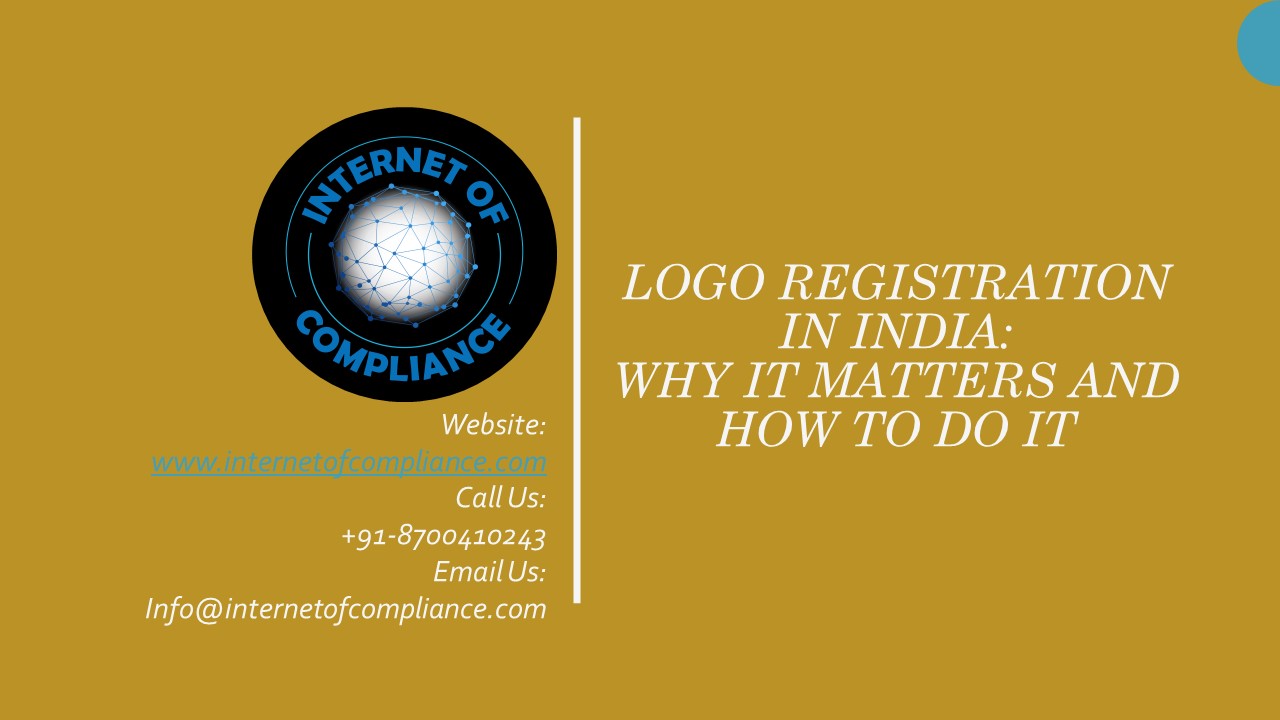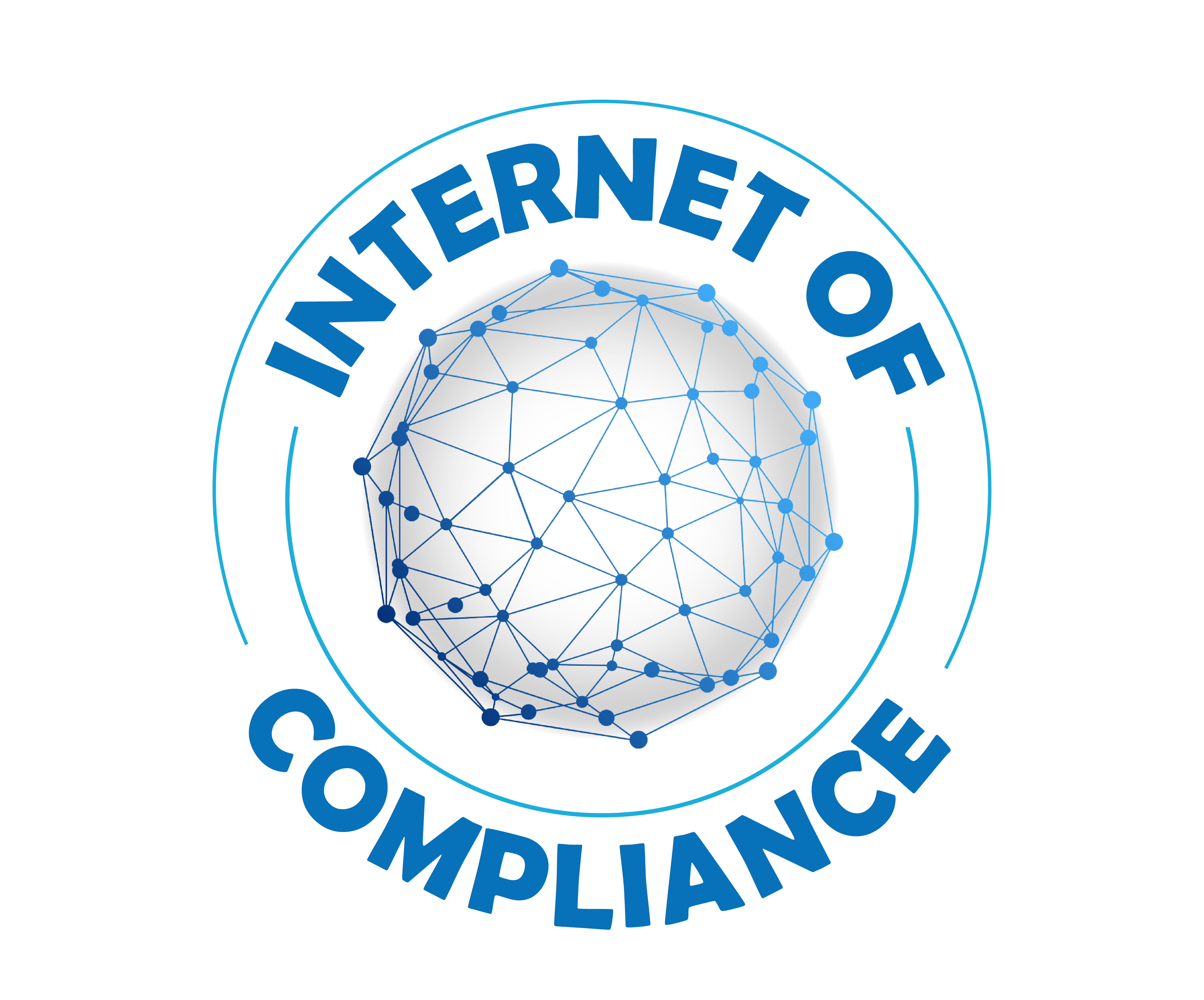Logo Registration in India: Why It Matters and How to Do It
Introduction
As a business owner, you invest significant time and resources in developing your brand and logo. However, if you fail to register your logo, you run the risk of losing its legal protection and exclusivity. In India, logo registration is essential to safeguard your brand and prevent others from using it without your permission. Here’s what you need to know about logo registration in India.
What is Logo Registration in India?
Logo registration is the process of securing legal protection for your logo under the Indian Trademarks Act, 1999. It ensures that your logo is unique and exclusive to your business and prevents others from using it without your permission. Once registered, you can use the (R) symbol with your logo, which indicates that it is a registered trademark and reinforces your brand’s credibility and reputation.
Why is Logo Registration Important?
Logo registration provides several benefits to businesses in India, such as:
- Exclusive use: You have the exclusive right to use your logo for the products or services it represents, preventing others from using it without your consent.
- Legal protection: You can take legal action against anyone who infringes on your trademark rights or uses your logo without your permission.
- Brand recognition: A registered logo reinforces your brand’s credibility and reputation, and enhances its value in the eyes of customers and investors.
How to Register Your Logo in India?
Here’s a step-by-step process to register your logo in India:
- Conduct a trademark search: Before applying for logo registration, conduct a trademark search to ensure that your logo is unique and does not conflict with existing trademarks.
- File a trademark application: File a trademark application with the Trademark Registrar of India, along with the required documents and fees.
- Examination and Publication: After filing the application, the Registrar will examine it and publish it in the Trademark Journal.
- Opposition period: There is a 4-month opposition period after the publication of the application, during which anyone can oppose the registration.
- Registration: If there is no opposition, or the opposition is unsuccessful, the Registrar will issue a certificate of registration.
Here’s an example to illustrate the importance of logo registration in India:
Suppose you own a clothing brand called “Glamorous Threads” and have designed a logo consisting of a stylized letter “G” in gold and black colors. You start using this logo on your products and marketing materials, and it becomes synonymous with your brand’s identity and quality.
However, a competitor clothing brand, “Glamour Threads,” notices your success and decides to copy your logo with minor modifications, such as using a different font or color. They start using this logo on their products and marketing materials, causing confusion among customers and diluting your brand’s reputation and value.
In this scenario, if you have not registered your logo with the Trademarks Registrar of India, you cannot take legal action against your competitor for using a similar logo. They can argue that their logo is distinct enough from yours, and there is no evidence of its association with your brand. As a result, you may have to spend significant time and resources on legal battles and potentially lose the exclusivity and credibility of your brand.
On the other hand, if you had registered your logo with the Trademarks Registrar of India, you would have legal protection against any unauthorized use or infringement of your logo. You could take legal action against your competitor for using a similar logo and seek damages for the losses incurred. Moreover, having a registered logo reinforces your brand’s credibility and value and enhances its recognition among customers.
Therefore, logo registration in India is crucial for businesses to protect their brand identity, reputation, and exclusivity, and prevent others from misappropriating their logos. By registering your logo, you can ensure that your brand stands out in the marketplace and reinforces its authenticity and quality.
Conclusion
Logo registration is an essential step for businesses in India to protect their brand and logo from infringement and misappropriation. It ensures that your logo is unique and exclusive to your business and provides legal protection against unauthorized use. If you need assistance with logo registration in India or have any other trademark-related questions, Internet of Compliance is here to help. Contact us today to learn more
Mostly asked FAQs on : Logo Registration in India: Why It Matters and How to Do It
Logo registration is the process of securing legal protection for your logo under the Indian Trademarks Act, 1999. It ensures that your logo is unique and exclusive to your business and prevents others from using it without your permission.
Logo registration provides several benefits to businesses in India, such as exclusive use, legal protection, and brand recognition. It ensures that your logo is legally protected and prevents others from using it without your consent.
Any image, symbol, or design that identifies and distinguishes your business or its products can be registered as a logo. It can include letters, numbers, shapes, or a combination of these elements.
The process of logo registration in India typically takes around 12-18 months from the date of filing the trademark application. However, the timeline may vary depending on the number of objections or oppositions raised.
Yes, a registered logo can be challenged by anyone who believes that it conflicts with their existing trademark rights or is similar to their mark. However, if the logo has been registered correctly and meets the criteria for registration, it is less likely to be challenged.
Once registered, a logo is valid for ten years from the date of filing the trademark application. It can be renewed indefinitely every ten years, as long as it is being used in commerce and meets the renewal criteria.
Yes, you can register your logo internationally through the Madrid Protocol, which is a treaty that allows trademark registration in multiple countries with a single application. However, the eligibility and process may vary depending on the specific country’s laws and regulations.


